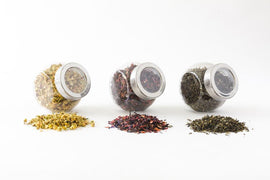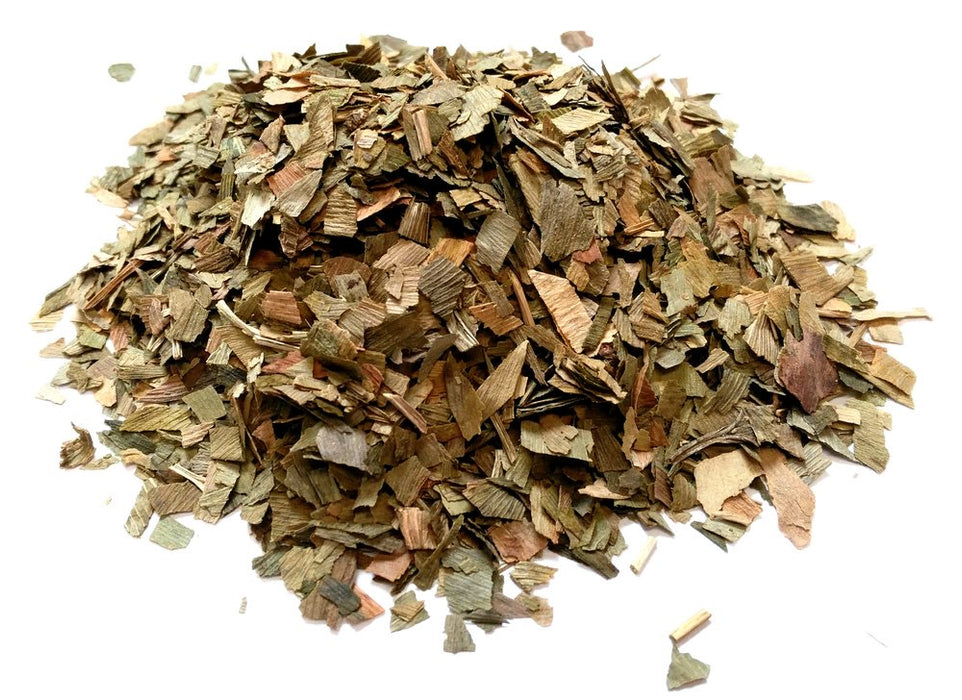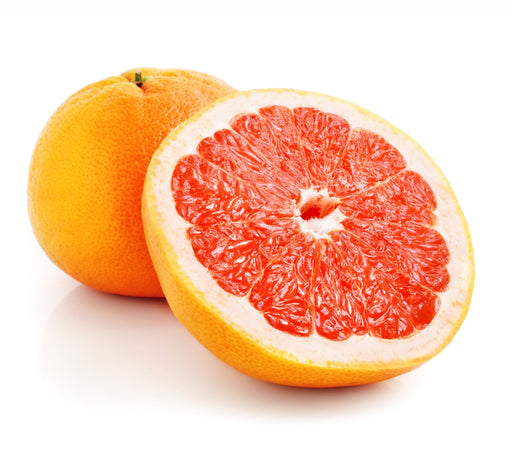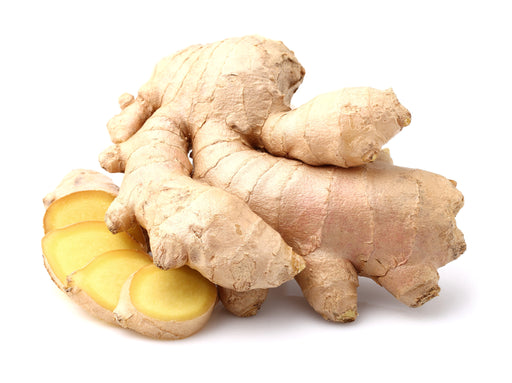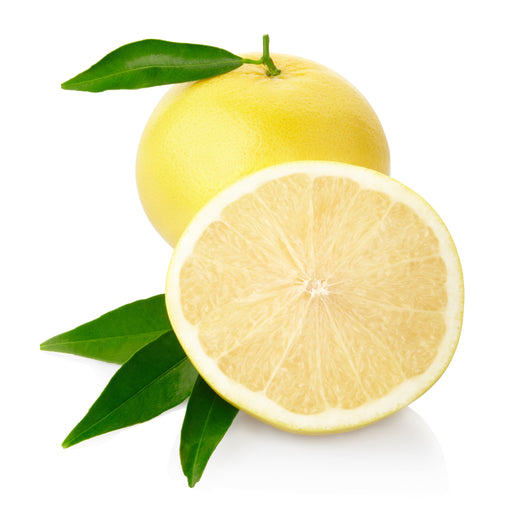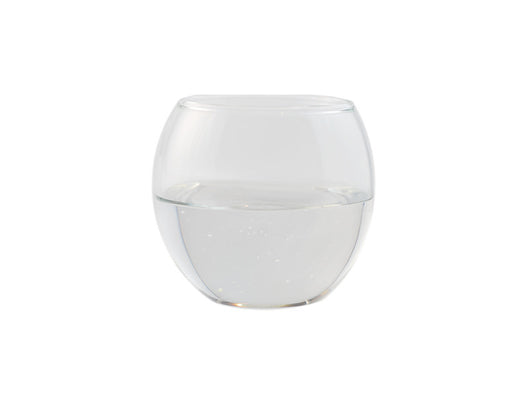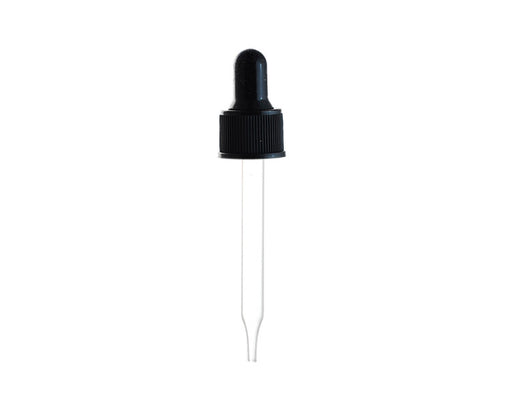Ginkgo Leaves C/S
-
Botanical Name: Ginkgo biloba
Ginkgo is an herb. The leaves are generally used to make “extracts” that are used as medicine. However, a few medicines are made from the seed, but these are not well studied.
Ginkgo is often used for memory disorders including Alzheimer’s disease. It is also used for conditions that seem to be due to reduced blood flow in the brain, especially in older people. These conditions include memory loss, headache, ringing in the ears, vertigo, difficulty concentrating, mood disturbances, and hearing disorders. Some people use it for other problems related to poor blood flow in the body, including leg pain when walking (claudication), and Raynaud’s syndrome (a painful response to cold, especially in the fingers and toes).
Ginkgo leaf is also used for thinking disorders related to Lyme disease and depression.
Some people use ginkgo to treat sexual performance problems. It is sometimes used to reverse the sexual performance problems that can accompany taking certain antidepressants called SSRIs.
Ginkgo been tried for eye problems including glaucoma, diabetic eye disease, and age-related macular degeneration (AMD).
In manufacturing, ginkgo leaf extract is used in cosmetics. In foods, roasted ginkgo seed, which has the pulp removed, is an edible delicacy in Japan and China. Remember, though, the whole seed is LIKELY UNSAFE to eat.
Ginkgo seems to improve blood circulation, which might help the brain, eyes, ears, and legs function better.
-
Botanical Name: Ginkgo biloba
• Alzheimer's disease
• Improving think
• Leg pain due to poor circulation
• Vertigo and dizziness
• Ringing in the ears
• Sexual problems due to anti-depressants




















































































